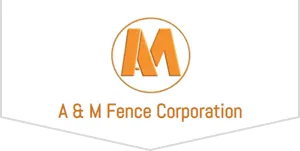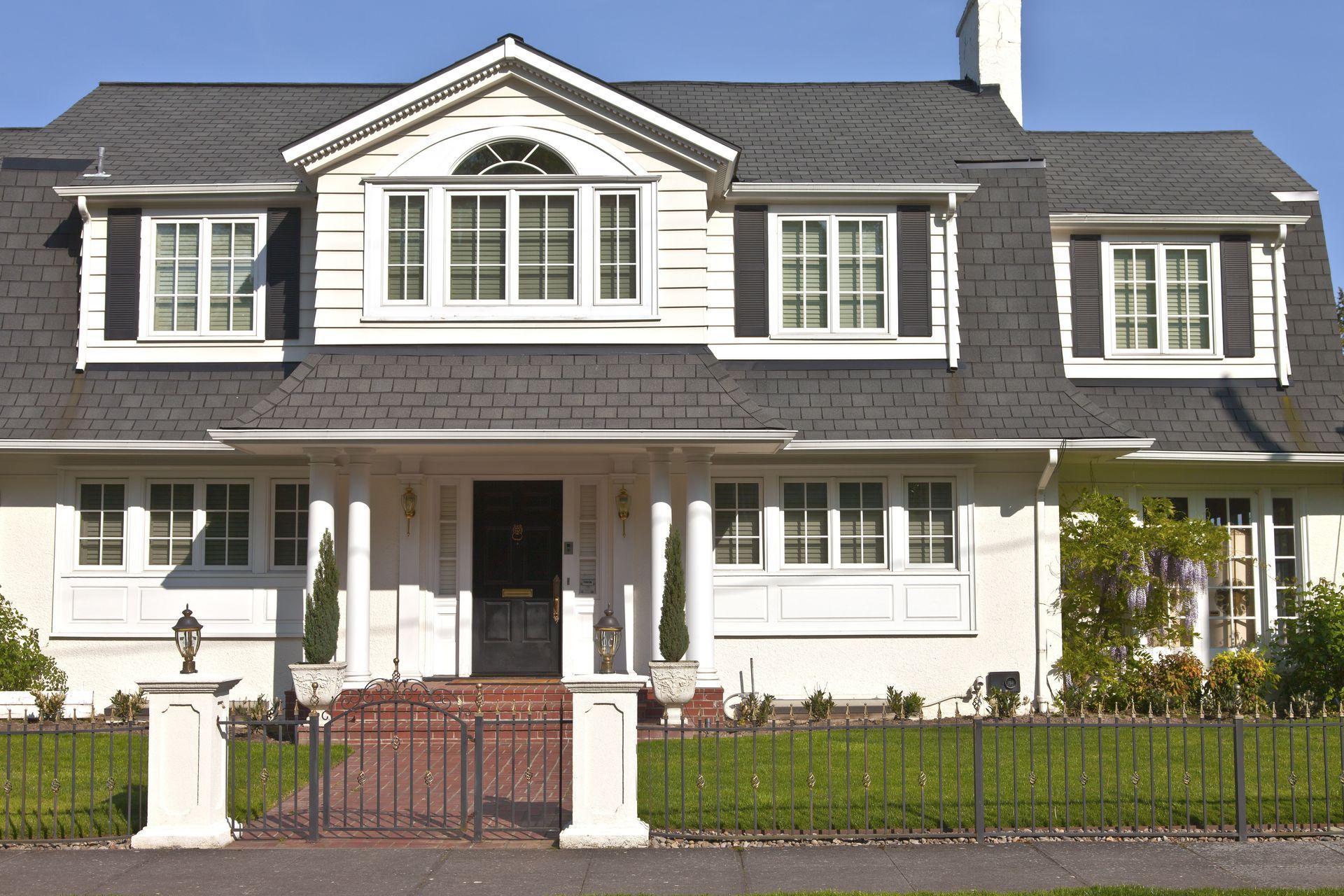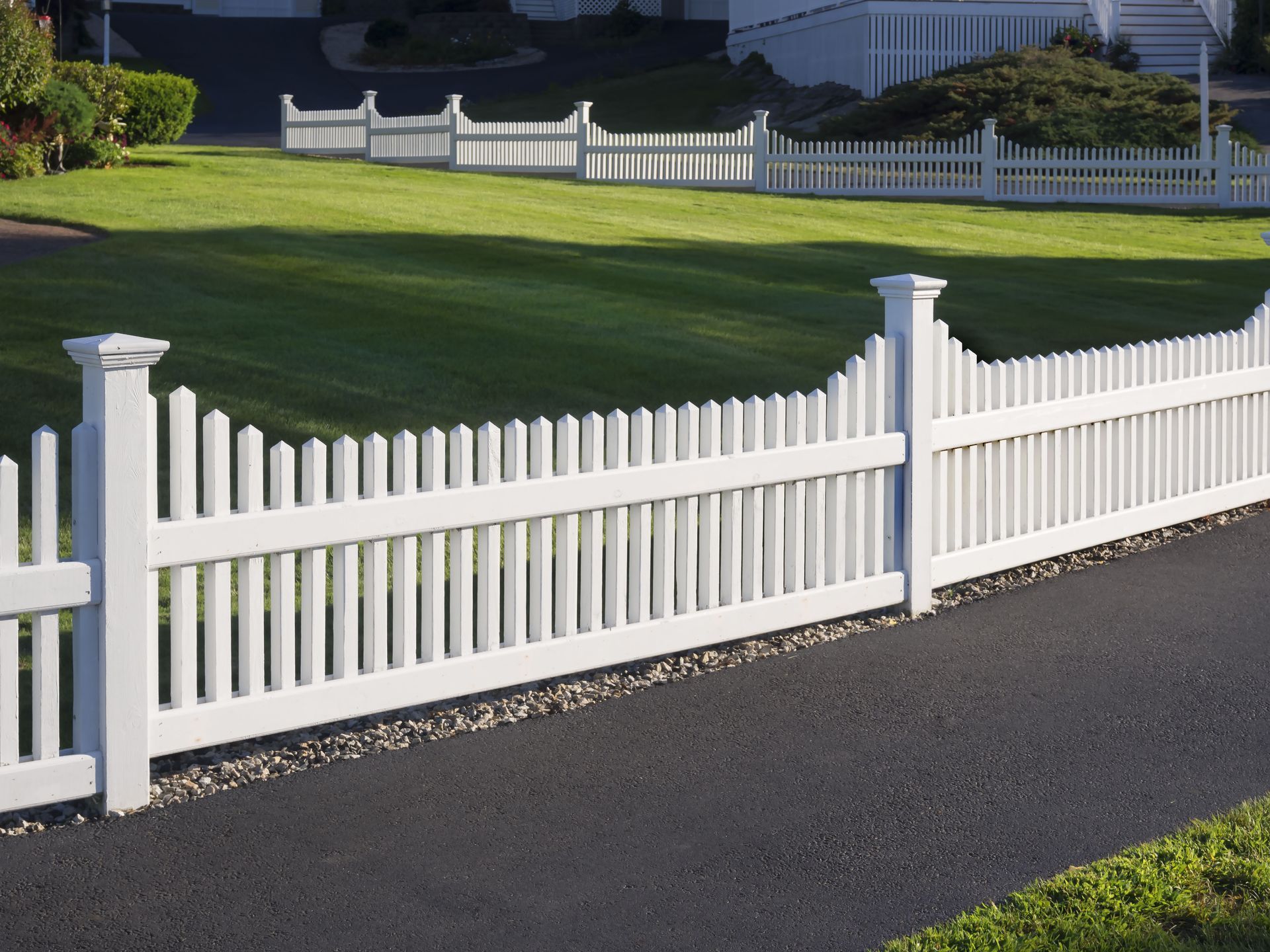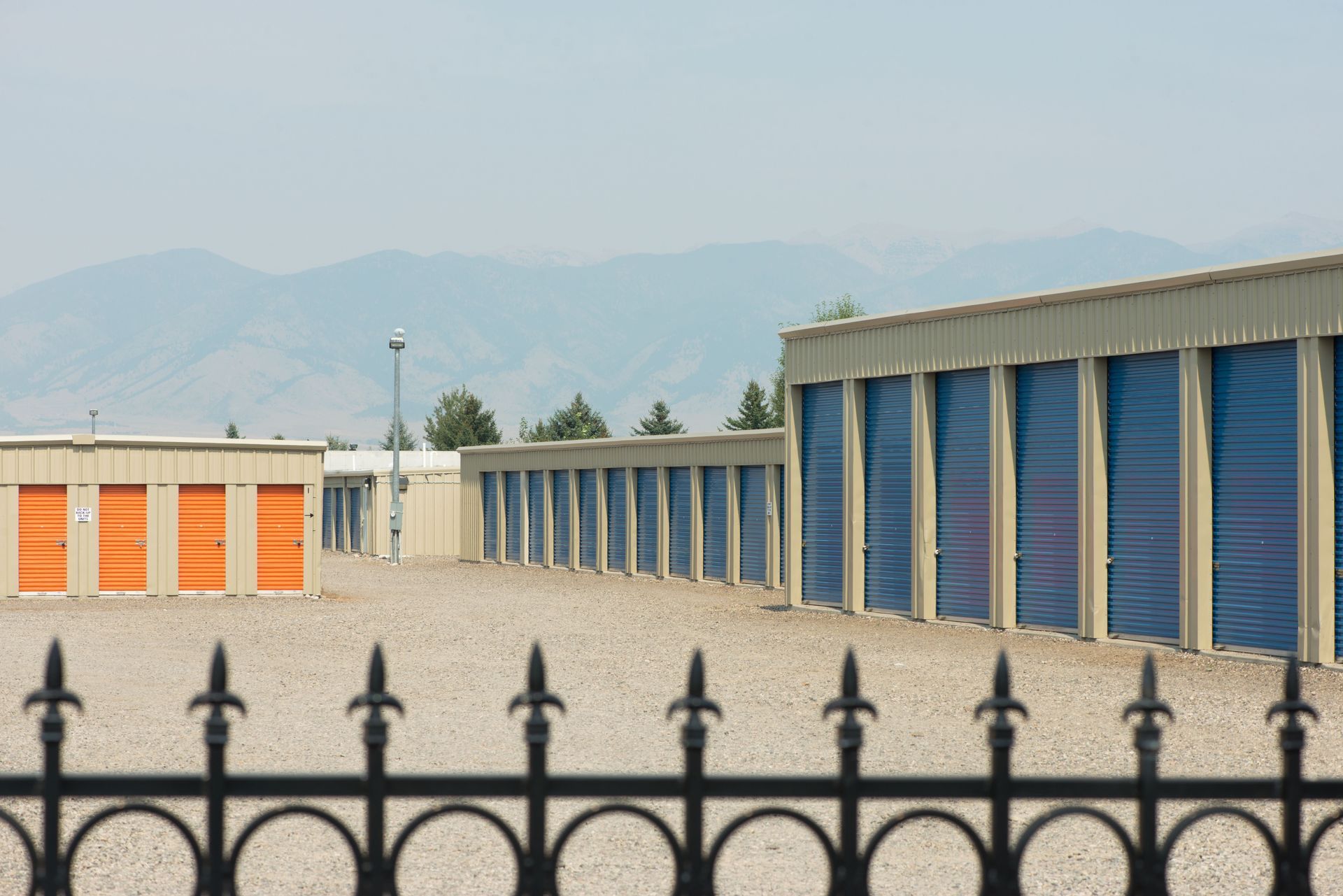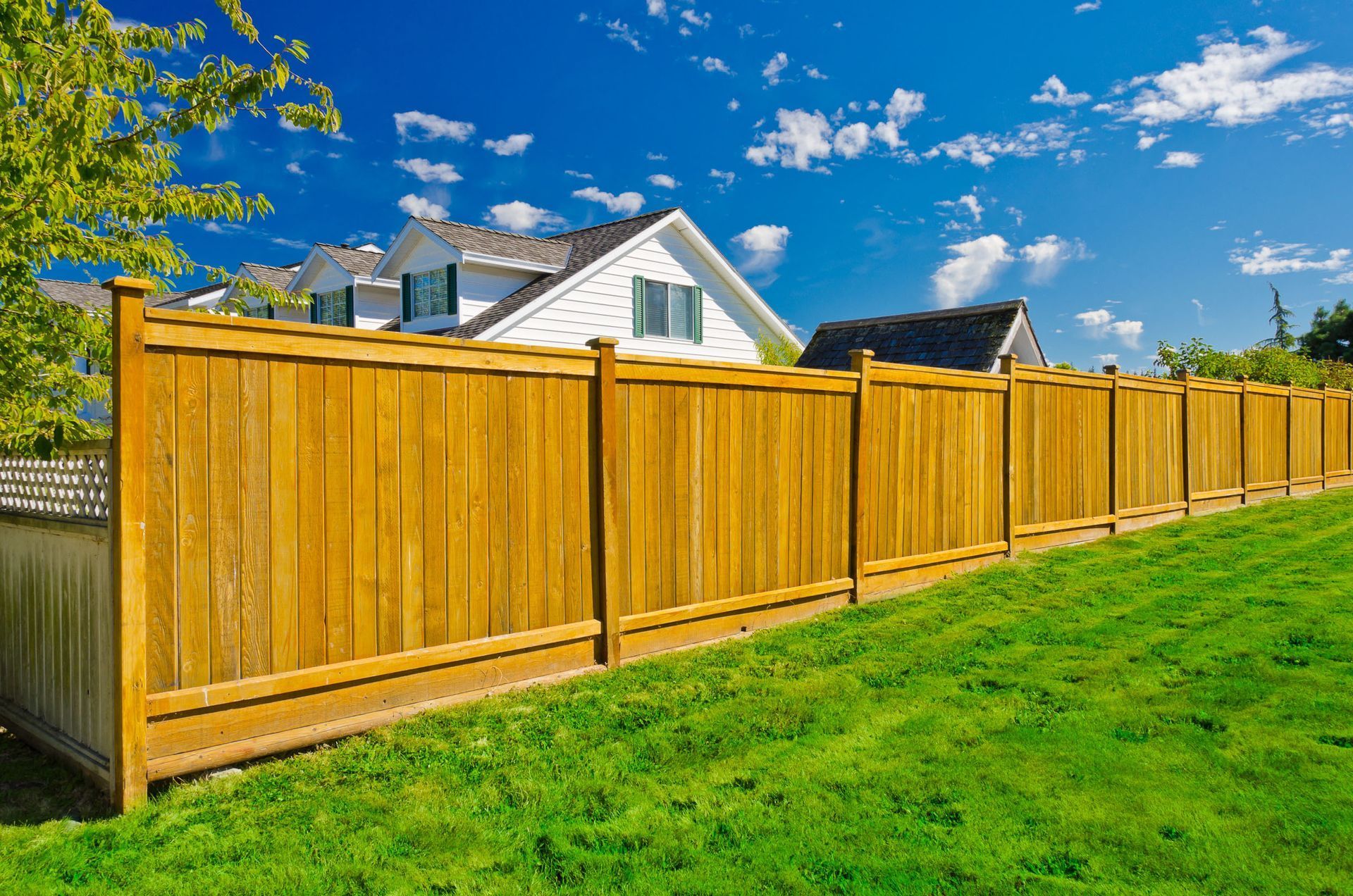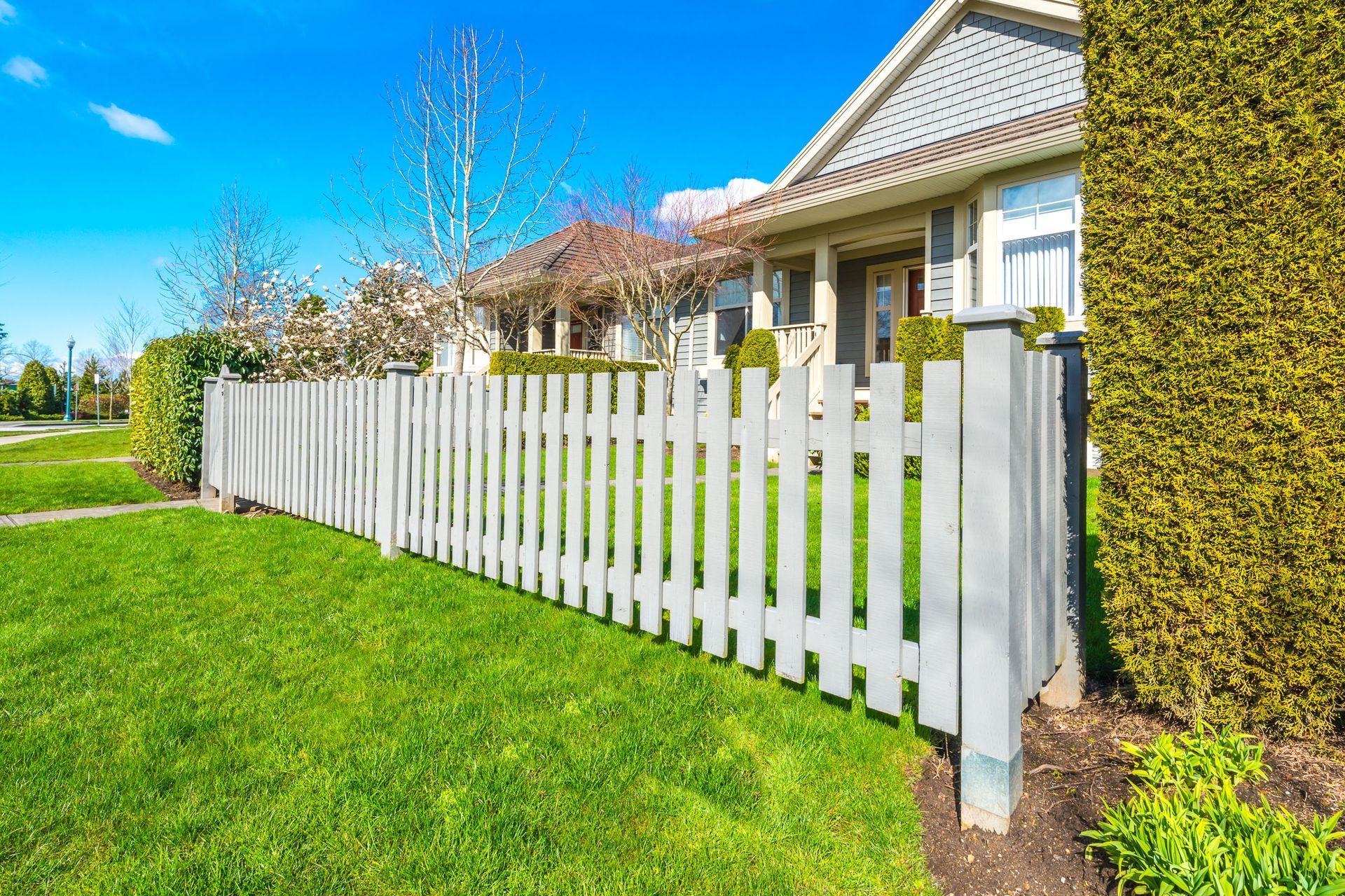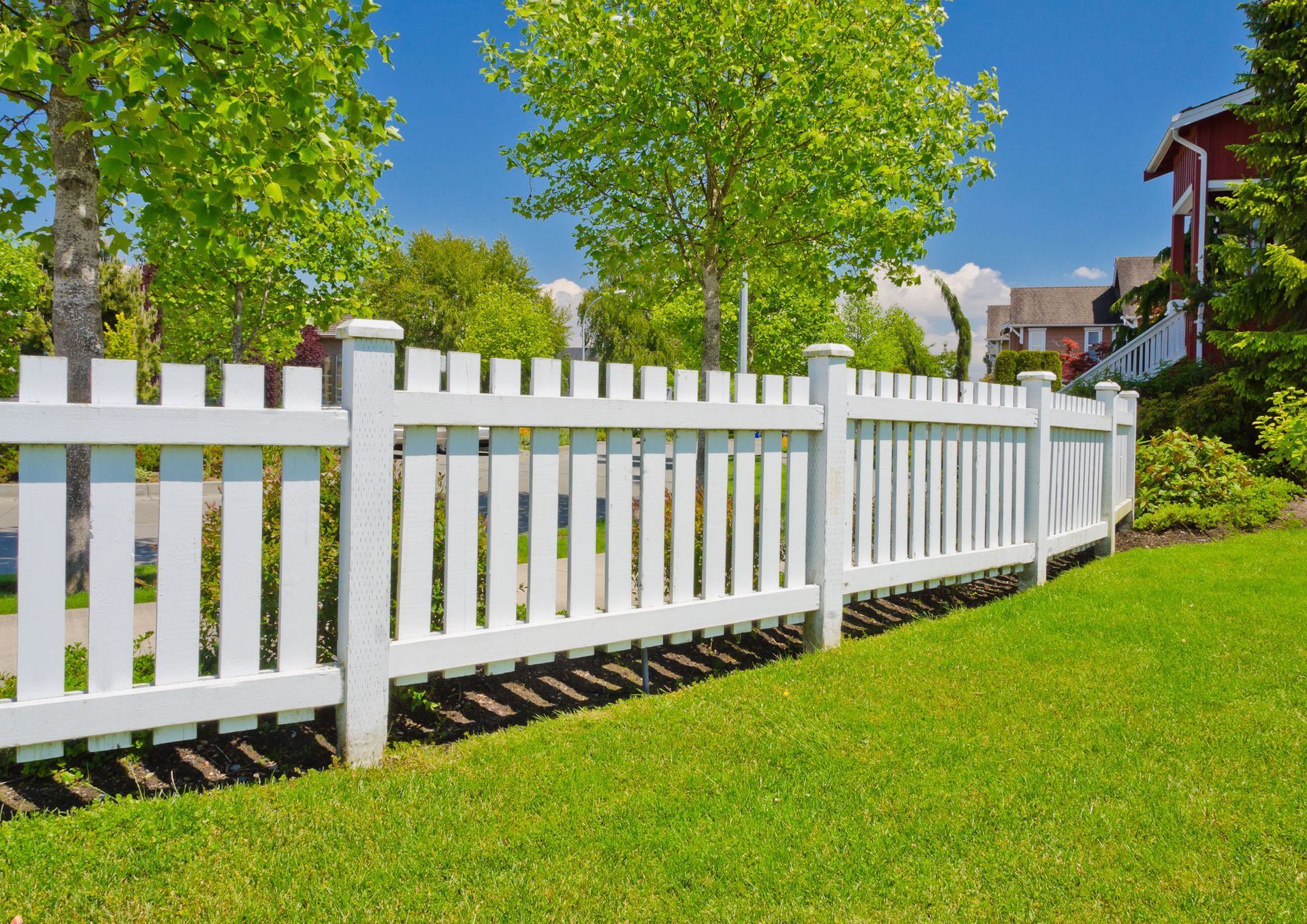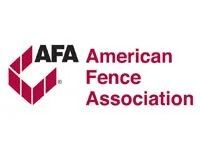5 Things to Keep In Mind Before Installing a Fence In Your Yard
Installing a fence in your yard can be an excellent way to enhance privacy, boost security, define your property boundaries, and add a touch of personal style to your outdoor space. However, before you start digging post holes and dreaming of the perfect fence design, there are several key considerations to keep in mind. This blog post outlines the essential things you need to consider when hiring local fence contractors, ensuring your fence not only meets your aesthetic desires but also complies with local regulations and is installed without unnecessary complications. Taking the time to evaluate these factors beforehand can help you avoid delays and make confident, informed decisions throughout the process.
1. Understand Local Regulations and Rules
Before embarking on your fencing project, it’s imperative to familiarize yourself with local regulations and zoning laws, which can be learned from local fence contractors. Municipalities often have specific requirements regarding fence height, type, and placement. According to Better Homes & Gardens, typically, a fence has to be set back two to eight inches from sidewalks and property lines, though some municipalities require a setback of 12 inches. Understanding these regulations can save you from costly fines or the need to remove and reinstall your fence. You may also need to obtain a permit or approval from a homeowners’ association before beginning construction.
2. Determine Your Purpose and Priorities
It’s crucial to determine the primary purpose of your fence before you dive into the selection process. Are you looking to enhance privacy, protect pets or children, or perhaps improve your home’s aesthetic appeal? By clarifying your main goals, you can choose the right materials and designs that align with your needs. For instance, a tall, solid fence may be preferable for privacy, whereas a picket fence could add charm and delineate the property without obstructing views. Clearly identifying your priorities will also help you communicate your expectations more effectively with contractors or installers. Local fence contractors can help you with this, or any stage of the process, to determine what you want to do with your new fence.
3. Choose the Right Materials
Your choice of fencing material impacts not only the fence’s appearance but also its durability and maintenance needs. Common options include wood, vinyl, metal, and composite materials. Each comes with its benefits—wood offers a classic look, vinyl requires minimal maintenance, and metal provides robust security. It’s essential to match your material choice with your budget, the desired lifespan of the fence, and how much effort you want to dedicate to upkeep. Additionally, climate and weather conditions in your area should influence your material choice to ensure long-term performance.
4. Evaluate Costs and Set a Budget
Fencing can be a significant investment, so it’s essential to set a realistic budget that encompasses not only the cost of materials but also installation and any additional features you wish to include. Consider getting quotes from different contractors to evaluate the best deal, but balance cost with quality. Remember, higher-quality materials and professional installation might cost more upfront, but can offer better longevity and fewer repairs in the long run. Don’t forget to factor in long-term expenses, like maintenance, repairs, and potential replacements, when setting your budget.
5. Plan for Landscaping and Maintenance
Think about how your fence will fit into your overall yard plan and whether it will impact existing landscaping elements. Some fences may hinder plant growth due to shade or even limit space for future gardening endeavors. Additionally, every type of fence requires some level of maintenance to keep it in top condition. For example, wood may need periodic staining or sealing, while metal might require rust prevention treatments. Plan your landscaping and fence maintenance routines to work harmoniously. You might also consider incorporating climbing plants or decorative elements to make the fence blend more naturally with your outdoor space. Ask local fence contractors, and they can help you decide what is best for your yard.
Installing a fence in your yard can be a rewarding project that enhances privacy, security, and aesthetic appeal. However, it requires careful planning and consideration to ensure success and compliance with local regulations. By understanding your needs, choosing appropriate materials, and planning for maintenance and budgetary constraints, you can enjoy a fence that not only serves its intended purpose but also complements and enhances your outdoor space. When done right, a well-built fence adds lasting value and charm to your property. Do you need local fence contractors to spruce up your property? Contact A&M Fence Corp today to request an estimate.
